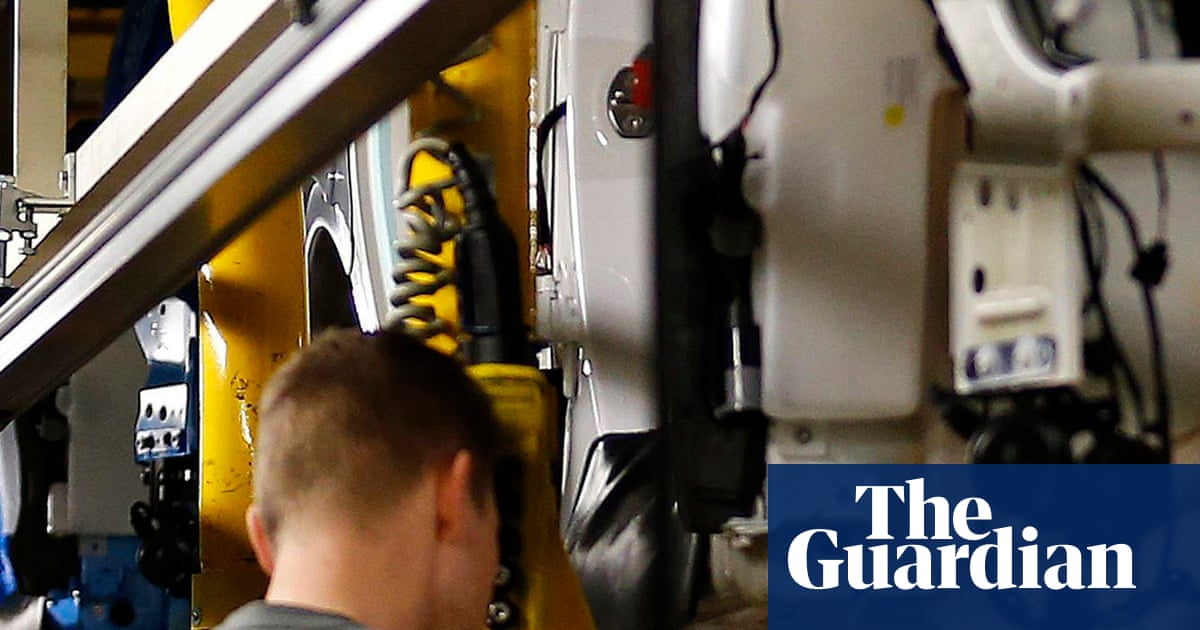The government will present a £275m investment in technical training and apprenticeships as the centrepiece of its long-awaited industrial strategy, in a direct challenge to Nigel Farage’s growing influence in England’s manufacturing heartlands.
The package, announced by the business secretary, Jonathan Reynolds, on Sunday, includes funding for new technical excellence colleges, short courses in artificial intelligence (AI) and digital manufacturing, and major capital upgrades to training providers across England.
It aims to tackle longstanding skills shortages in engineering, defence and high-growth sectors such as battery production and advanced manufacturing.
Officials said the new strategy was designed to “end the overreliance on foreign labour” and ensure a pipeline of domestic talent for critical industries – a move clearly aimed at countering Farage’s narrative of national decline andreclaiming the industrial vote in traditional Labour strongholds.
While the £275m pledge is not a full industrial funding package – and falls short of sector-wide subsidies or energy cost changes – it is being positioned by ministers as the first concrete step in a broader 10-year plan for growth.
The full strategy, due to be published this week, will also include a new trade strategy focused on exports, supply chains and making the country “the best-connected place in the world to do business”.
Reynolds said the skills funding marked a shift away from decades of managed decline. “Our modern industrial strategy will be powered by investing in British people,” he said. “It will help transform our skills system to end the overreliance on foreign labour, and ensure British workers can secure good, well-paid jobs in the industries of tomorrow and drive growth and investment right across the country.”
The announcement comes as Reform UK intensifies efforts to peel offLabourvoters in post-industrial seats, with Farage promising to restore manufacturing and impose tougher immigration rules.
While Labour has promised a broad “plan for change”, the industrial strategy has been delayed for months as ministers wrestled with how best to rebuild support in regions hit hardest by automation, outsourcing and underinvestment. The timing now is deliberate – a policy-heavy counteroffensive in theso-called red wall, where Reform UK has surged in recent polling.
The skills package responds to a stark reality: one in seven young people are not in education or employment, and the number of apprenticeships has fallen by nearly 20% since 2016.
The education secretary, Bridget Phillipson, called the strategy an “economic and social reset”. “Skills rightly run right through the heart of this industrial strategy because they are key to breaking the link between background and success for young people,” she said.
The strategy builds on previous announcements, including a £187m package for AI training announced during London Tech Week and a £3bn apprenticeship fund to create 120,000 places in healthcare, carpentry and construction.
But the scale of new funding is modest – about £275m spread over four years, including roughly £200m for infrastructure and course delivery – and Labour may face pressure from industry and unions to go further in reforming the apprenticeship levy, immigration skills charge and energy costs for heavy industry.
